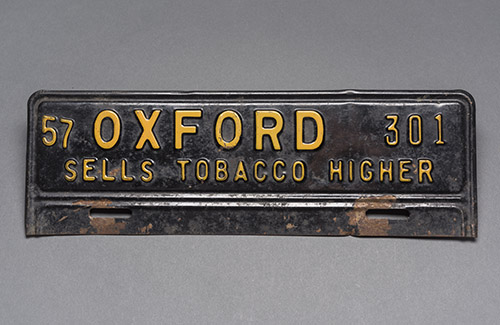“Just after one midnight last week 200 masked men drove up to the Edgecombe County jail in Tarboro, N. C., gained admittance by pretending they brought a prisoner. Silently they drew revolvers, covered the deputy sheriff, brought out Negro Oliver Moore, 35, who was being held for trial in September on a charge of attacking Ethel and Lucile Morgan, white sisters aged 7 and 5.
“In a motorcade of 50 cars without licenses the 200 took Oliver Moore 15 mi. to his home in Wilson County, there strung him from a tree. As his body twisted and writhed, all shot at it until he was dead; first lynchee in North Carolina since 1921, twelfth in the U. S. for 1930.
“Said North Carolina’s Governor Oliver Max Gardner: ‘I am horrified. It is a black spot on a fine record … of nearly a decade. … A disgrace to North Carolina! The State will do everything in its power to find the guilty parties and bring them to justice.”
— From Time magazine, Sept. 1, 1930
Despite Gardner’s promise, investigation of the lynching was cursory at best, and no arrests were ever made.

